Last Updated on August 5, 2021
PLOT As a memory-erasing illness sweeps the planet, a husband (Jack O'Connell) and wife (Olivia Cooke) prepare for the time when they may forget each other forever.
REVIEW: If our lives on Earth are but a series of fleeting snapshots assembled to form everything we are, then our memory is the binding that holds it all together. Without it, it’s hard to imagine we’ve ever existed at all. The exploration of memory is not a strange concept for any artistic medium, and with the new movie Little Fish, director Chad Hartigan and screenwriter Mattson Tomlin (working off the short story from Aja Gabel), use a semi-sci-fi romance story that doesn’t shy away from any of the story’s heartbreak and devastation to explore what it means to be – and be with – someone who is losing everything that makes them the person you love, and how that little assortment of snapshots with them can encompass your whole world.
The story focuses on the romantic life of husband and wife, Jude and Emma (Jack O’Connell and Olivia Cooke), as they navigate a world increasingly afflicted with an illness that makes the sufferer lose all their memories. Called “Neuroinflammatory affliction,” or NIA, it affects people either all of a sudden, causing them to forget how to drive and crash a bus, or slowly over time as they forget the conversations that had minutes before, all before not recognizing the person laying in bed next to them. Looking at it from the outside, soon Jude begins to show signs of slipping away, and told primarily through Emma’s eyes and her narration, reciting words from the diary she’s keeping, the two begin to face a world where he will soon have no idea who she is.
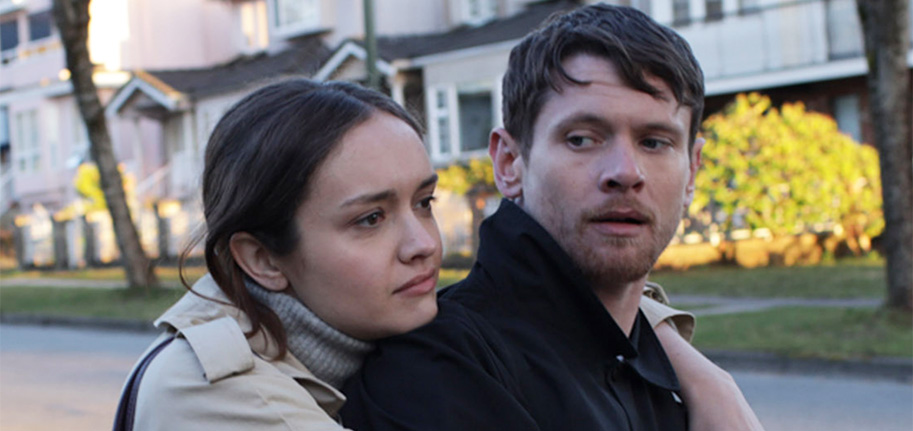
A sharp contrast from his more light and breezy comedy Morris from America, Hartigan’s film can’t help but look like kinds of indie romances we’ve seen come and go on screen – with a softness in every frame and an intimacy in some of the camerawork to make it look like we’re watching a happy couple’s home videos. All queued up with Keegan DeWitt’s persistently ethereal score coming in at virtually any moment deemed heart-wrenching (which there are many), this style does work well in the movie’s favor, as the stitching together of Jude and Emma’s fondest memories play out like we’re stepping into their world, watching on the sidelines as these fleeting memories flash by. There’s a level of intimacy in the approach that highlights how each and every moment the two have together has been special, with the tragedy then deepening knowing what’s on the horizon for the couple.
Cooke and O’Connell have a warm chemistry, making each other laugh effortlessly, being at ease with each other in any moment, bringing to life two relatable characters who know they must make every second together count. Individually, their characters, and by extension their performances, bring something unique to the table, with Cooke’s Emma having to keep it together knowing what she’s fearing is inevitable, but not knowing how to confront it. “When your disaster is everyone’s disaster, how do you grieve?” she ponders in her journal. This line has a grander meaning in the current times we’re living in and can’t help but perfectly sum up the most heart-breaking aspect of her emotional journey. Cooke’s work is not dissimilar to her highly underrated work in Sound of Metal last year, which is in no way a bad thing, and indeed she’s as good here as there. O’Connell, too, does some of his best work yet, subtlety peeling back layers of Jude’s memory loss, trying desperately to recall the right details of his memories in hopes of keeping them alive for that much longer. To see the blows hit him when he believes so firmly that what he remembers, like his wedding day, played out exactly how he remembers it, only to realize the fragments are evaporating and the details entirely wrong, can be devasting thanks to the smallest, but no less impactful, facial cues from O’Connell.
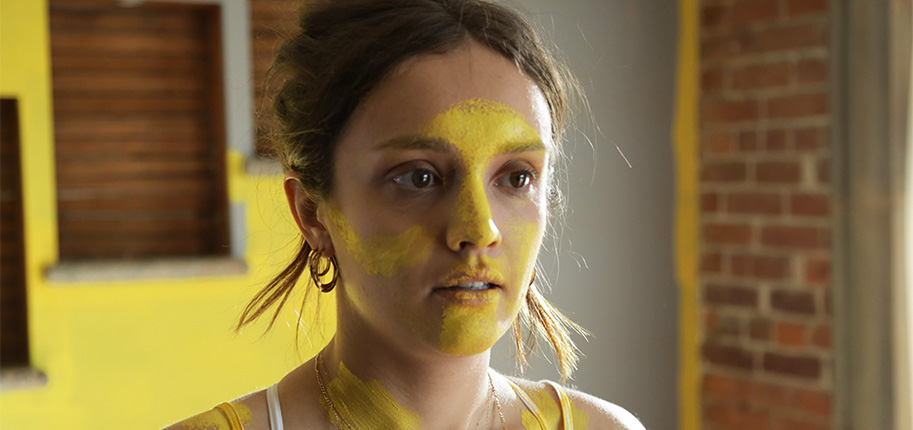
The film Eternal Sunshine in the Spotless Mind will perhaps forever be the go-to for any movie dealing with memory and how we process relates to love and heartbreak, but Little Fish finds room to tell its own deeply romantic story about two relatable characters at its center. Even if the ultimate conclusion feels a bit rushed into for the sake of having a more hopeful ending (which is not un-welcome in a movie that can be quite weighty), the sheer intimacy of the direction and performances is absorbing enough to draw you into a story about memory, explored here as if it were a time machine that can give the past a sense of enormity and wonder. For that, some of the trappings of the indie romance can be forgiven, and indeed, by the end, you’ll be filled with a sudden desire to start keeping a journal of your own.


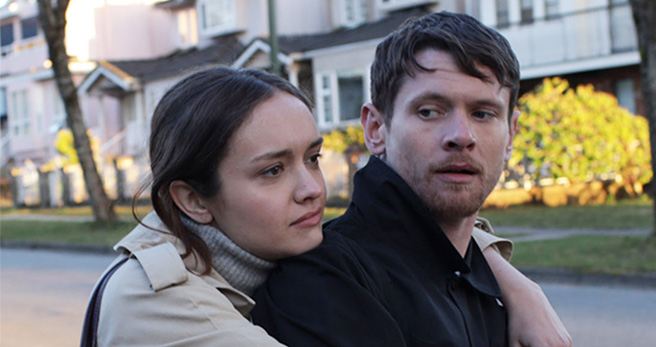


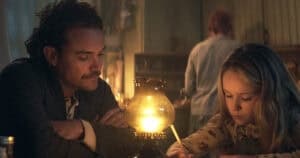

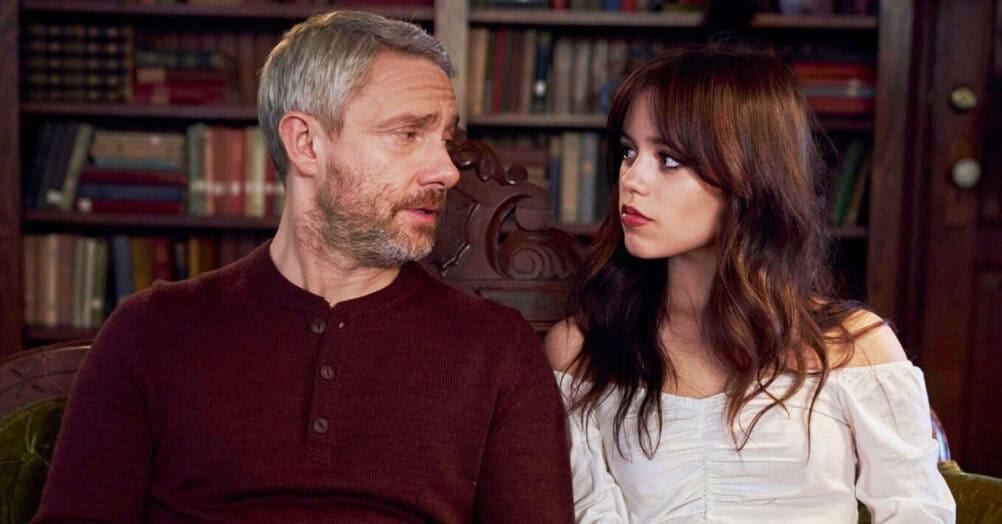

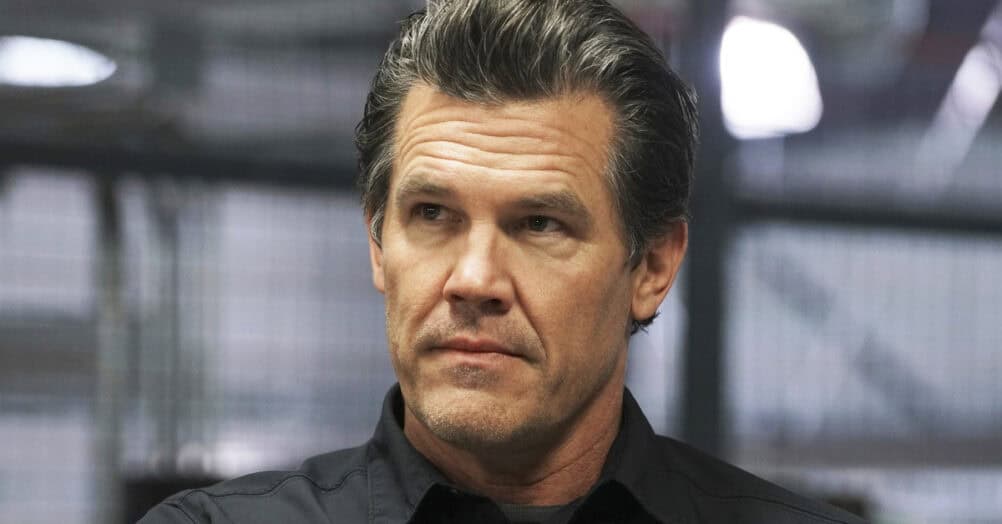

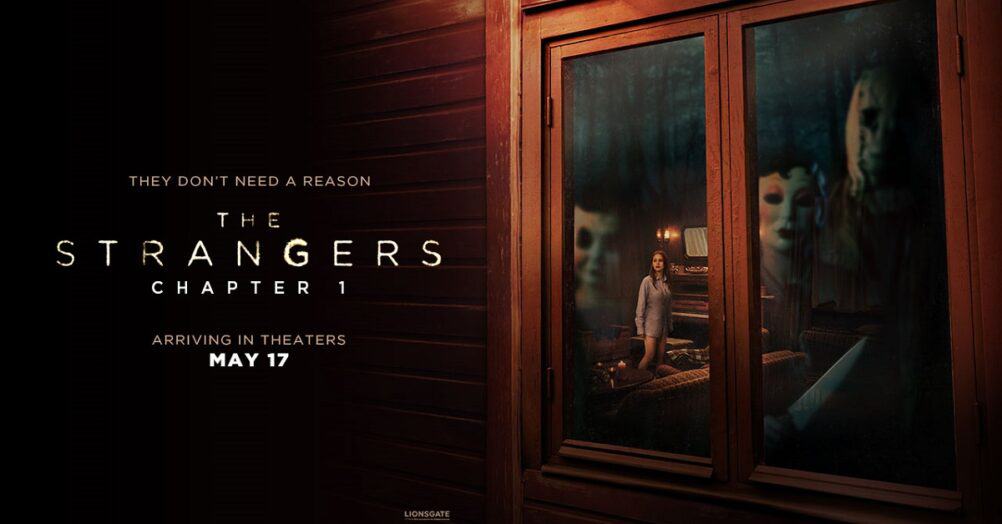

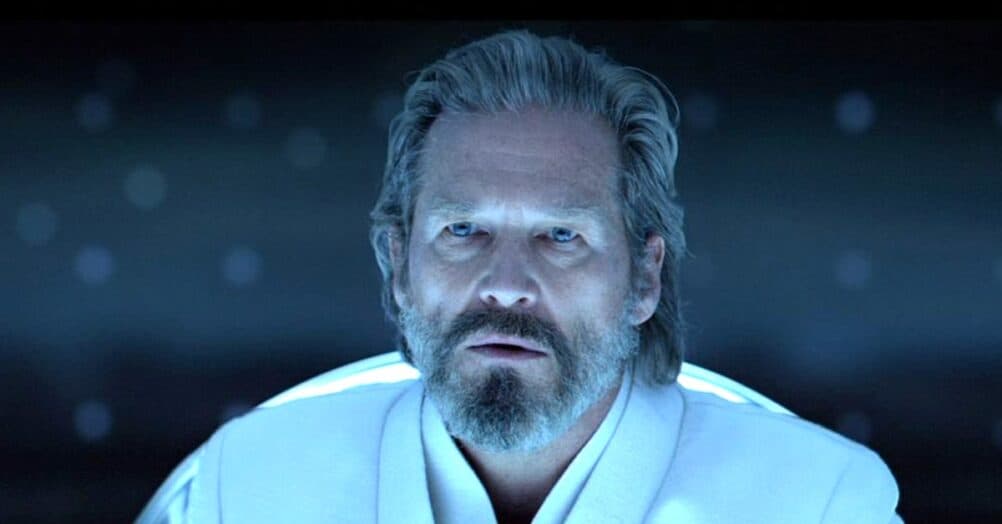
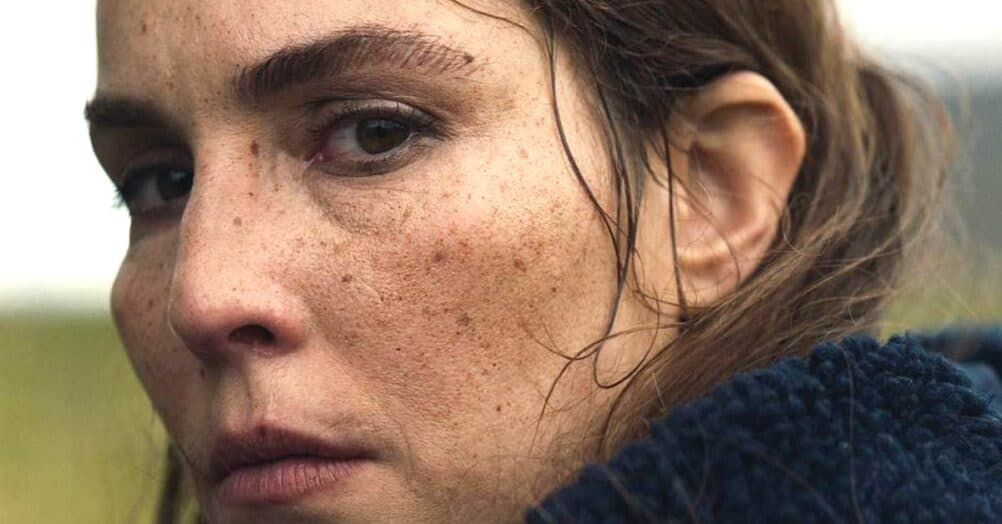
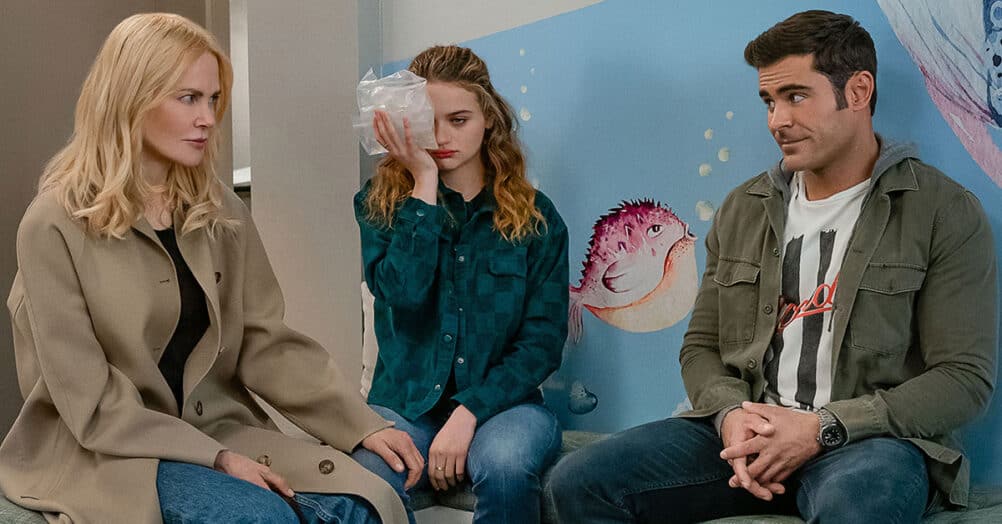

Follow the JOBLO MOVIE NETWORK
Follow us on YOUTUBE
Follow ARROW IN THE HEAD
Follow AITH on YOUTUBE